By Andrew Spear
A great logline can sell someone in Hollywood on your movie idea and make them want to read your script. Here’s what you need to know about crafting the perfect logline. Common industry practice dictates that loglines are only one sentence long. Some even cap loglines at 30 words.
There are four primary elements of a logline -
1. Protagonist
2. inciting incident
3. protagonist’s goal
4. central conflict
Here are a couple of examples.
Titanic: Two star-crossed lovers fall in love on the maiden voyage of the Titanic and struggle to survive as the doomed ship sinks into the Atlantic Ocean.
Little Miss Sunshine: When a wannabe child beauty queen learns that a spot has opened up in the “Little Miss Sunshine” pageant, she convinces her dysfunctional family to make the cross-country trek, despite her father’s (and society’s) protestations that she may not have what it takes to win.
A good logline clearly and succinctly lays out the dramatic narrative of a screenplay and hooks the reader, enticing them to read the entire script. But remember, never give away the ending.
Use active language that articulate the visual possibilities for the film. Words like “struggles,” “journeys,” and “fights” are intriguing to read.
Identify the protagonist’s biographical and physical information by using the strongest adjectives that best represents who they are.
Now that you know who your protagonist is, what is the thing that turns their life upside down? This is your inciting incident and it is the jolt from the blue that sets your story in motion.
Outline what the hero wants or needs with a few quick words. This aligns the reader with the character's goals, and creates a level of empathy when obstacles stand in the character's way. The hero's goal is the primary motivation for the rest of the action.
Movies are nothing without conflicts getting in the way of your character achieving his or her goal. Select the conflict with the highest stakes and describe this conflict in a few words, like “treacherous journey” or “before the ship sinks.”
A properly written logline allows a reader to make a reliable snap judgment on the prospects of a project. This is one reason why the logline is the most powerful instrument to gauge the quality of a screen story.



